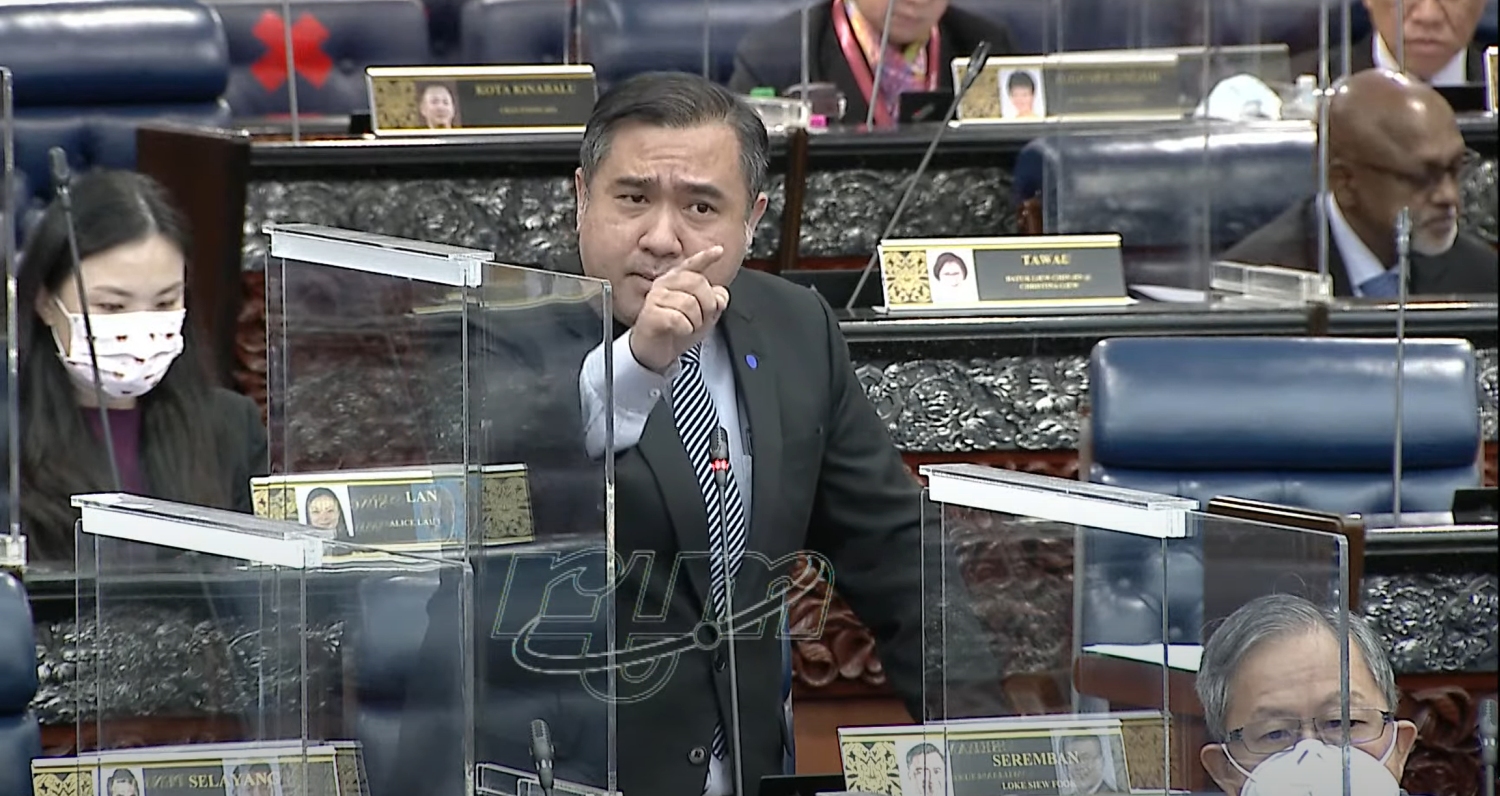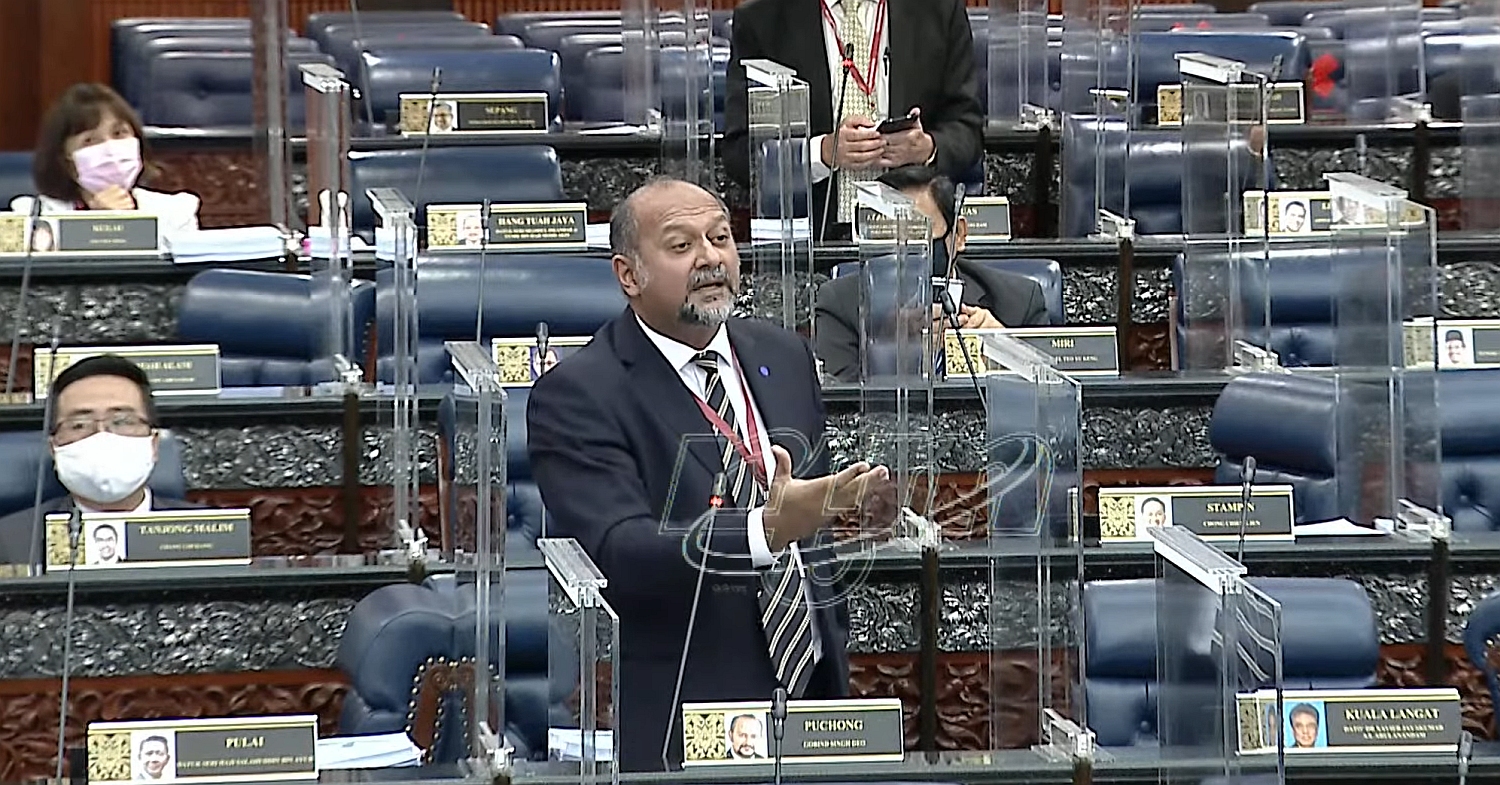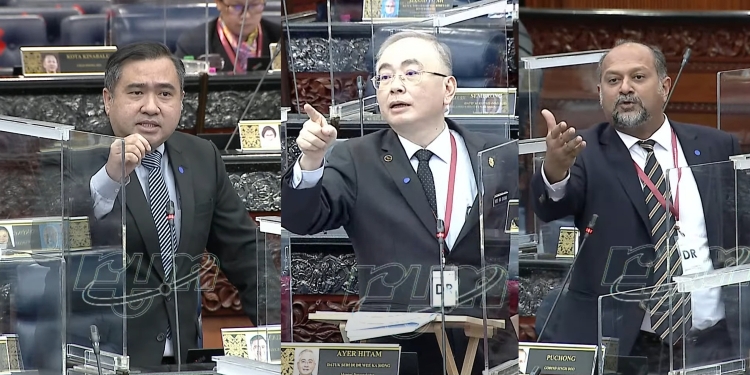Transport Minister Dr Wee Ka Siong had recently revoked the cabotage exemption for foreign ships to conduct undersea cable repairs. The move was heavily criticised as it will impact internet quality and speeds in Malaysia. Dr Wee has responded to questions from the former Transport Minister, Anthony Loke, which sparked a heated 20-minute debate in Parliament yesterday.
According to Dr Wee, the decision to revoke the exemption was made based on several considerations which include the reduction of outflow of foreign money through freight charges and to reduce dependencies on foreign vessels by promoting participation from local shipping industry.
He also added the revocation will help increase Malaysia’s domestic shipping capacity and capabilities, as well as developing local technical expertise among local citizens and to ensure the security and sovereignty in Malaysian waters.

Dr Wee told Parliament that strict cabotage policy is being practiced in 91 countries worldwide and this include our neighbours such as Indonesia and the Philippines. He added that even the US which often advocates for open market and competition also practices the cabotage policy to protect their own shipping industry.
Dr Wee clarified that his Ministry had conducted two meetings with the Communications and Multimedia ministry, Marine Department, MCMC, Telekom Malaysia, Time Dotcom and Malaysia Shipowners’ Association (MASA) on the 8th September and 8th October 2020. To facilitate applications by foreign vessels to conduct repairs, he said the Transport Ministry has developed an electronic domestic shipping licence (eDSL). This will speed up the exemption approval process after MASA confirms there are no local vessels available that can carry out the repair work.
The Ayer Hitam MP also emphasised that the decision to revoke the cabotage exemption was not made unilaterally as claimed. He repeated that there were discussions with relevant parties before the revocation was announced. Dr Wee also said that MASA had raised concerns why Malaysia isn’t giving local players the opportunity if there are local vessels available.
Former Transport Minister Anthony Loke then questioned Dr Wee how many businesses in Malaysia are able to carry out undersea cable works. He told Parliament that the exemption introduced by the previous administration was only applicable to vessels doing cable repairs. He added that the local ships available are only for laying cables. What is required by tech giants are vessels that can conduct repairs for undersea cables at a faster rate.
The Seremban MP recapped that it takes approximately 27 days to repair an undersea cable in Malaysia. Based on the findings, the exemption was granted to speed up the process and this is one of the main factors to attract data centre investments from tech companies such as Facebook and Google. He added that DP2 vessels are needed for undersea cable repairs which isn’t available locally.
Anthony said the revocation by the current Minister will have adverse effects and will cause investors to lose confidence. He stressed that the cabotage exemption will not just benefit a few companies but also the entire nation.

Dr Wee responded that there are currently 19 undersea cables with 2 more under construction in Malaysia. He explained that in the event of a cable fault, rerouting can be done. In addition, Dr Wee also clarified that foreign vessels will still be permitted through application via eDSL.
Anthony then repeated that the issue is that Malaysia does not have the right ship to conduct undersea cable repairs and this is something that Dr Wee don’t understand. When asked to answer if there’s a ship at this moment that’s capable of carrying out the job, Dr Wee confidently said yes before Anthony accused him of lying.
Dr Wee said during his meetings with the relevant parties, he asked why is there a need for DP1 and DP2 vessels. He said what’s required is technical know-how and not the type of vessels. He added that several Malaysian companies have registered vessels in other countries and have conducted similar works around the region including Japan and Taiwan.

Former Communications and Multimedia Minister Gobind Singh then reminded Dr Wee that the fact that it takes 27 days to repair a faulty cable highlights that Malaysia has a problem in conducting undersea cable repairs. He said the decision to exempt cabotage was made after receiving requests from tech giants to solve the issue.
The Puchong MP also said that if Dr Wee thinks “rerouting is a solution to the problem”, the Transport Minister “don’t understand the problem at all.”
Responding to claims that it takes up to 27 days for repair, Dr Wee told Parliament that it can be completed within 10 days if a ship is available in Malaysia and asked why are we alienating our own companies?
Dr Wee said that it takes 27 days because authorities have to identify the type of repair required, prepare the tender and wait for the ship to arrive. Anthony rebutted the minister highlighting that the long wait time was due to the process of applying DSL which requires consultation with MASA.
The Transport Minister also said Optic Marine Group, a member under MASA, has a ship to conduct the repair works. Anthony shoots back that the required ship is not available and told the Minister to consult the industry players such as Facebook and Google to find out. Both former transport and communications ministers continued blasting Dr Wee for not understanding the issue and failing to answer the question.
You can watch the debate below from the 3:01:10 mark.
[ SOURCE ]








